Software Development for Nonprofits: Solutions on a Budget
 Ankit Agarwal Thursday, April 18, 2024
Ankit Agarwal Thursday, April 18, 2024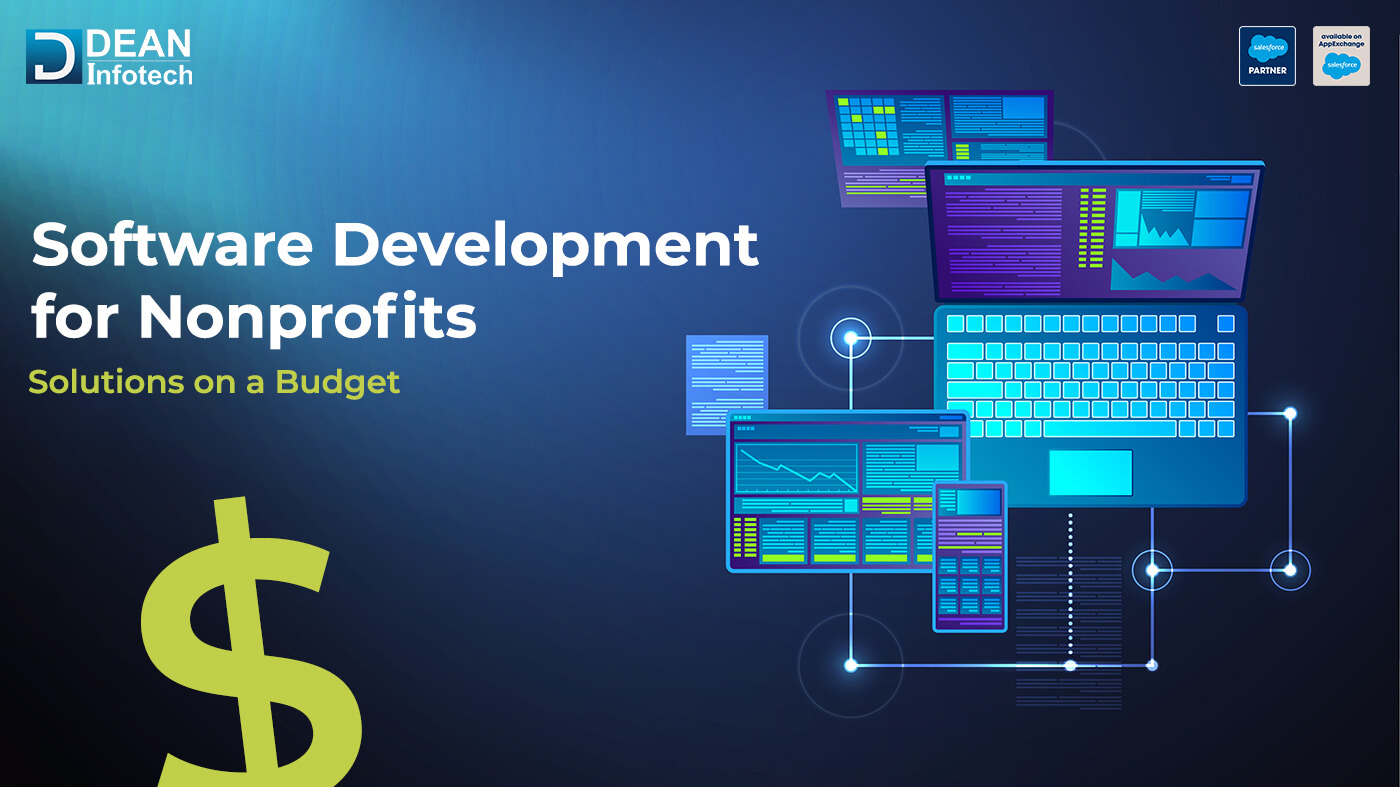
Software development for nonprofits is vital to addressing societal challenges and providing valuable offerings to communities worldwide. However, those agencies regularly need more financial constraints, proscribing their ability to invest in cutting-edge technology and software program solutions.
Nonprofit firms have different financial laws than regular for-profit businesses. Because of the inherent budgetary constraints imposed by this funding paradigm, every dollar spent on software and technology must be carefully assessed in light of the organization's impact goals and primary mission.
Key Software Needs for Nonprofits
Despite the economic constraints, software development services require streamlining their operations, managing donor relationships, tuning application effects, and enhancing collaboration among the workforce and volunteers. Here are some key software program needs that nonprofits commonly face:
1. Donor Management and Marketing
Nonprofits use donor management systems and advertising software to maintain donor facts, cope with items, and talk effectively with supporters. These strategies are important for building top donor connections and securing lengthy-term financing.
2. Project and Program Management
Nonprofits often juggle several projects and applications concurrently. Project control software programs can help groups successfully plan, execute, and display their initiatives, ensuring well-timed transport and efficient, useful resource allocation.
3. Volunteer Management
Many low-income people depend considerably on volunteers to achieve their ambitions. Volunteer control software program automates volunteer recruiting, scheduling, and coordination, allowing companies to maximize the impact of their dedicated volunteers.
4. Financial Management
Accurate economic monitoring and reporting are vital for nonprofits to maintain transparency and policy compliance. Accounting software programs and financial management gear assist corporations in manipulating budgets, song prices, and generating financial reviews.
5. Collaboration and Communication
With groups regularly spread throughout more than one place and regarding far-off volunteers, nonprofits require robust collaboration and conversation gear. These answers facilitate seamless record sharing, record management, and real-time communique among workers and stakeholders.
Free and Open-Source Solutions
Free and open-source software for nonprofit solutions can be helpful resources for nonprofits working on tight budgets. These tools offer robust functionality without the hefty rate tags related to proprietary software. Here are some famous free and open-source software for nonprofits:
1. CiviCRM
An affordable nonprofit CRM system tailored to NGOs, advocacy organizations, and civic businesses. CiviCRM can deal with donors, growing activities, and dealing with instances, amongst other matters.
2. Odoo
Odoo is an open-supply enterprise application suite with challenge management, accounting, affordable nonprofit CRMs, and human sources modules. Odoo's modular nature allows NGOs to customize and grow the program as required.
3. LibrePlan
An open-supply undertaking control device tailored for nonprofits and NGOs. LibrePlan helps companies plan, schedule, and song their projects, permitting green aid allocation and collaboration.
4. GNUCash
A loose, pass-platform accounting software that provides sturdy monetary tracking and reporting skills. GNUCash helps double-access accounting, budgeting, and invoicing, making it a possible alternative for nonprofits with basic accounting wishes.
5. Apache OpenOffice
A loose and open-source office suite that includes word processing, spreadsheet, presentation, and database packages. Apache OpenOffice is well-matched with famous proprietary codecs, ensuring seamless document sharing and collaboration.
Pro Bono and Discounted Tech Resources
In addition to loose and open-supply answers, many era agencies and enterprise leaders apprehend the importance of helping nonprofits and providing pro bono or discounted fees on their products and services. Here are a few instances:
1. Microsoft Nonprofit Cloud
Eligible establishments get decreased pricing on Microsoft's cloud offerings, including Office 365, Azure, and Dynamics 365. This program lets you get strong productiveness gear, cloud computing skills, and enterprise apps at a reduced charge.
2. Google for Nonprofits
This program offers free or reduced entry to G Suite for Nonprofits, Google Ad Grants, and different tools and offerings. Nonprofit companies may also utilize Google's efficiency and teamwork tools and advertising credits to sell their causes.
3. TechSoup
A global nonprofit that connects civil society companies with generation products and services through donation packages and discounted pricing. TechSoup partners with leading-era companies to offer nonprofits low-cost access to software, hardware, and offerings.
4. Pro Bono Tech
A platform that connects nonprofits with professional generation experts inclined to volunteer their expertise. Nonprofits can discover developers, designers, and IT experts to assist with diverse-era projects and initiatives.
Tips for Choosing the Right Software
With such a lot of alternatives available, deciding on the right nonprofit software solutions on a budget can be a frightening undertaking. Here are a few recommendations to help agencies make knowledgeable selections:
1. Assess your organization's desires
Conduct a radical evaluation of your nonprofit's operations, packages, and goals to become aware of the software necessities that align with your tasks and goals.
2. Prioritize vital features
Create a list of have-to-have functions and functionalities to help narrow your options and focus on solutions that meet your center's wishes.
3. Consider scalability and integration
Look for software solutions that could develop with your employer and integrate seamlessly with current structures or other tools you plan to adopt.
4. Evaluate consumer-friendliness and training necessities
Choose an intuitive and user-friendly software program to minimize the gaining knowledge curve for staff and volunteers. Consider the supply of education resources and assistance from the seller or network.
Conclusion
Nonprofits play an essential role in addressing societal challenges and creating nice alternatives, but they frequently face widespread economic constraints. However, with cautious plans and strategic decision-making, these corporations can leverage lower-priced and effective software answers to streamline their operations, beautify collaboration, and maximize their effect.
Investing in the right software program answers can empower nonprofits to work more correctly, interact more with donors and stakeholders, and allocate their constrained assets toward developing significant and lasting community exchanges.

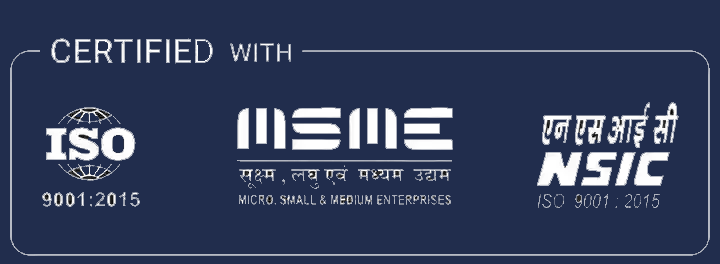
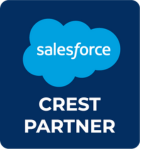
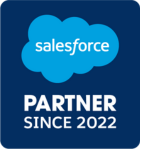

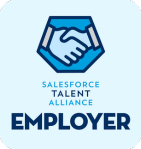

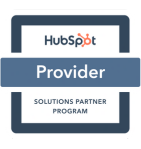
Comment